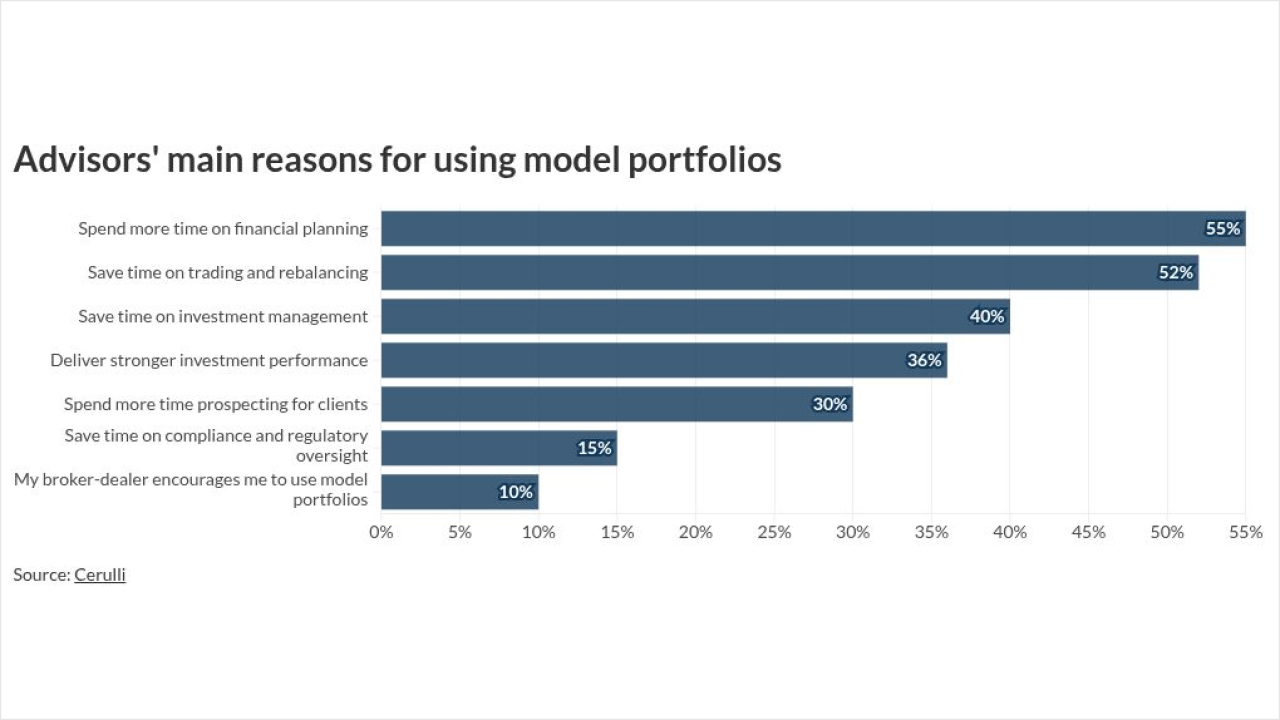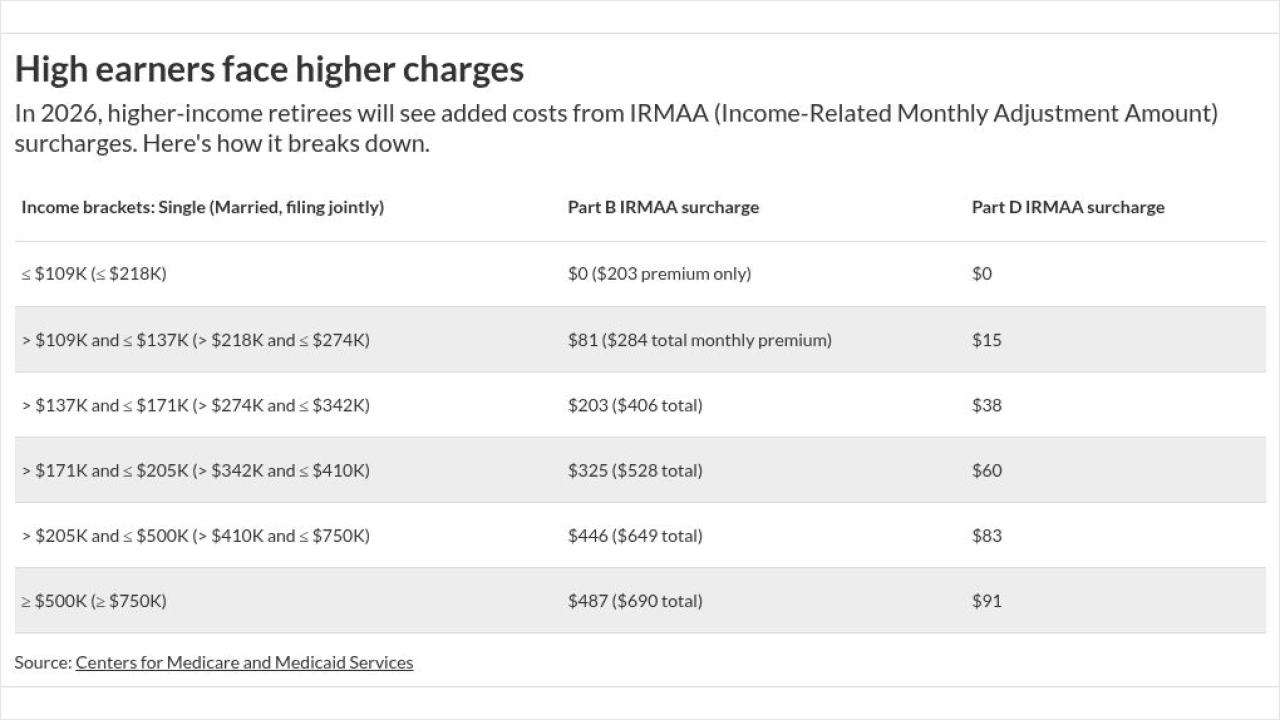The wealth management impresario who
Ron Carson can remove an old withdrawn client complaint from his permanent record, a FINRA arbitrator ruled, but another case from 2002 must remain on his BrokerCheck file. Carson
The influential advisor and entrepreneur still has
Omaha, Nebraska-based arbitrator Philip Glick’s Jan. 21
LPL Financial — Carson’s BD at the time of the 2002 and 2004 cases — filed a statement of answer to his February 2019 claim stating that it didn’t seek denial of the expungements, the decision shows. However, the FINRA Office of Dispute Resolution determined in April that a $50,000 judgment against Carson wasn’t eligible for removal since it related to “a prior adverse award.”
Carson’s case stands for his industry prominence, although it mirrors other cases. Arbitrators ruled against brokers’ requests for expungement just 11% of the time when firms didn’t oppose the removal of the disclosures, PIABA found in its
Glick allowed for expungement of the 2004 case, when a client initially sought $20,000 in damages while alleging Carson made unsuitable and not properly diversified mutual fund recommendations. The client withdrew the filing after receiving a letter from Carson’s lawyer “that showed why there was no case,” according to a brief explanation of Glick’s decision.
Carson’s “testimony and sworn affidavit are accepted as true. Claimant stated that the mutual funds purchased by the customer were well diversified, conservative, and suitable,” Glick wrote. “The customer was not paid any money and there was no settlement.”
FINRA guidelines enable expungement of false claims from brokers’ records. Carson must now seek confirmation of the decision from a court “of competent jurisdiction” while naming FINRA as an additional party and serving the regulator with documents, the award shows.
Representatives for Omaha-based Carson Group and LPL Financial — the BD Carson left after 27 years of affiliation in 2017 — didn’t immediately respond to requests for comment.
Carson paid $10,000 of the $50,000 in damages stemming from the award decision in the October 2002 filing,
The director of the FINRA division overseeing arbitration cases deemed the 2002 case ineligible for an expungement arbitration. Nonetheless, the case for expungement of the 2004 case went forward to a telephonic hearing on Jan. 6.
Neither LPL nor the client — who received a letter notifying them of the case, its statement of claim and the hearing date — participated in the session.
The client “understood that, by buying Class B mutual fund shares, she would incur a charge if the shares were sold during the period that the load charge was applicable,” the decision states. “She elected to sell the shares during this period and was charged the applicable load.”
Carson withdrew his nominal request of $1 in damages in the typical move in cases filed by brokers seeking expungement. The decision did, however, assess $800 in fees owed by Carson, along with a member surcharge of $150 for LPL as the respondent in the case.

He had gone nearly 15 years without any regulatory dings to his record before clients of CWM, an RIA also known as Carson Wealth,
In addition to more than 100 practices with some 230 advisors on Carson Group’s RIA and OSJ platform, Carson Coaching has thousands of financial advisors nationwide as clients. The firm is also slated to move into a new 200,000-square-foot headquarters this year.
Carson’s attempts to expunge his record came after the number of these types of cases filed by brokers more than 800% to 545 in 2018 from only 59 in 2015,
“Expungement requests are being granted based upon one-sided and possibly false evidence presented to arbitrators,” according to the report. “Because the vast majority of expungement-only cases are not opposed, there should be procedural safeguards in place to prevent brokers from presenting one-sided, false or misleading information to arbitrators.”
In FINRA’s
FINRA is moving to develop more training for arbitrators who handle the cases, change the pool of potential arbitrators and provide greater notification to state regulators. In







